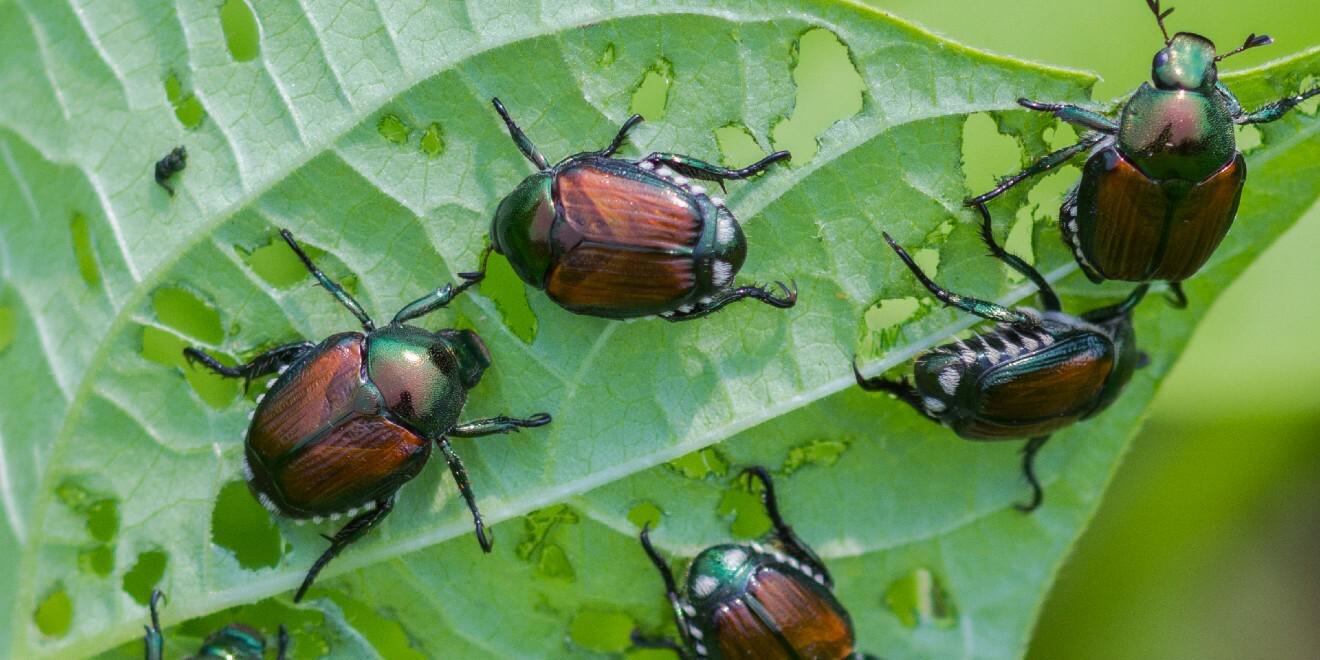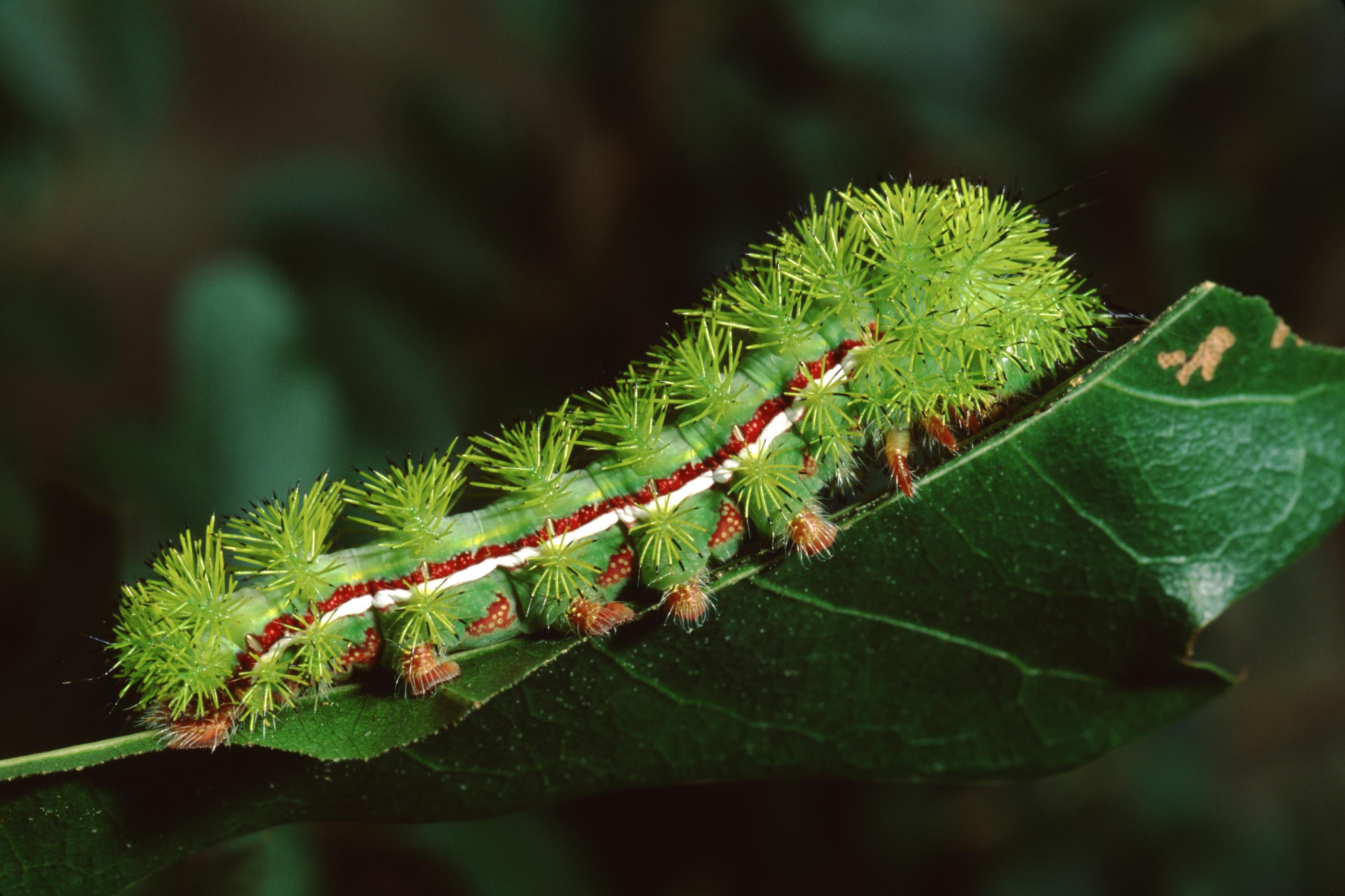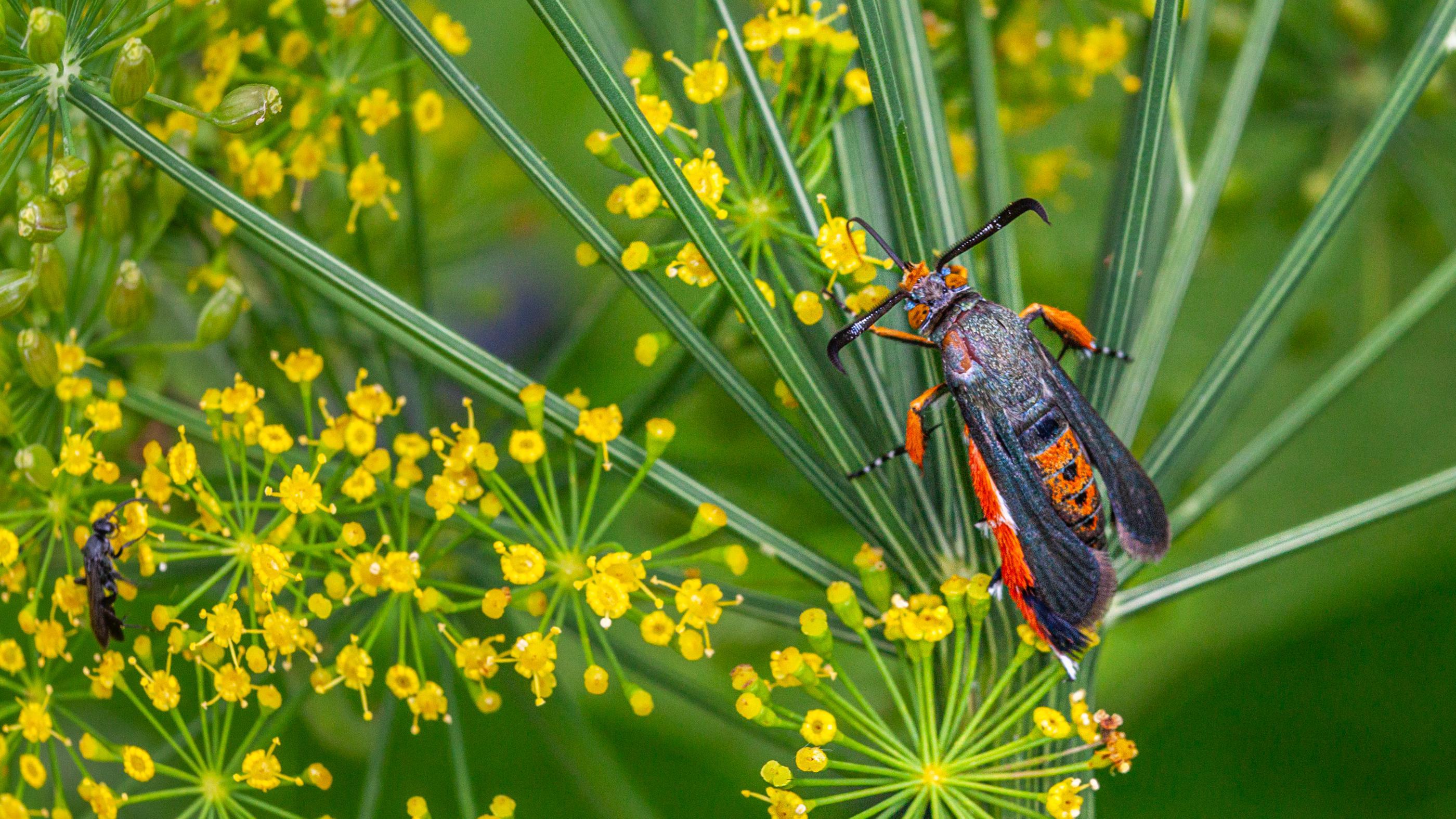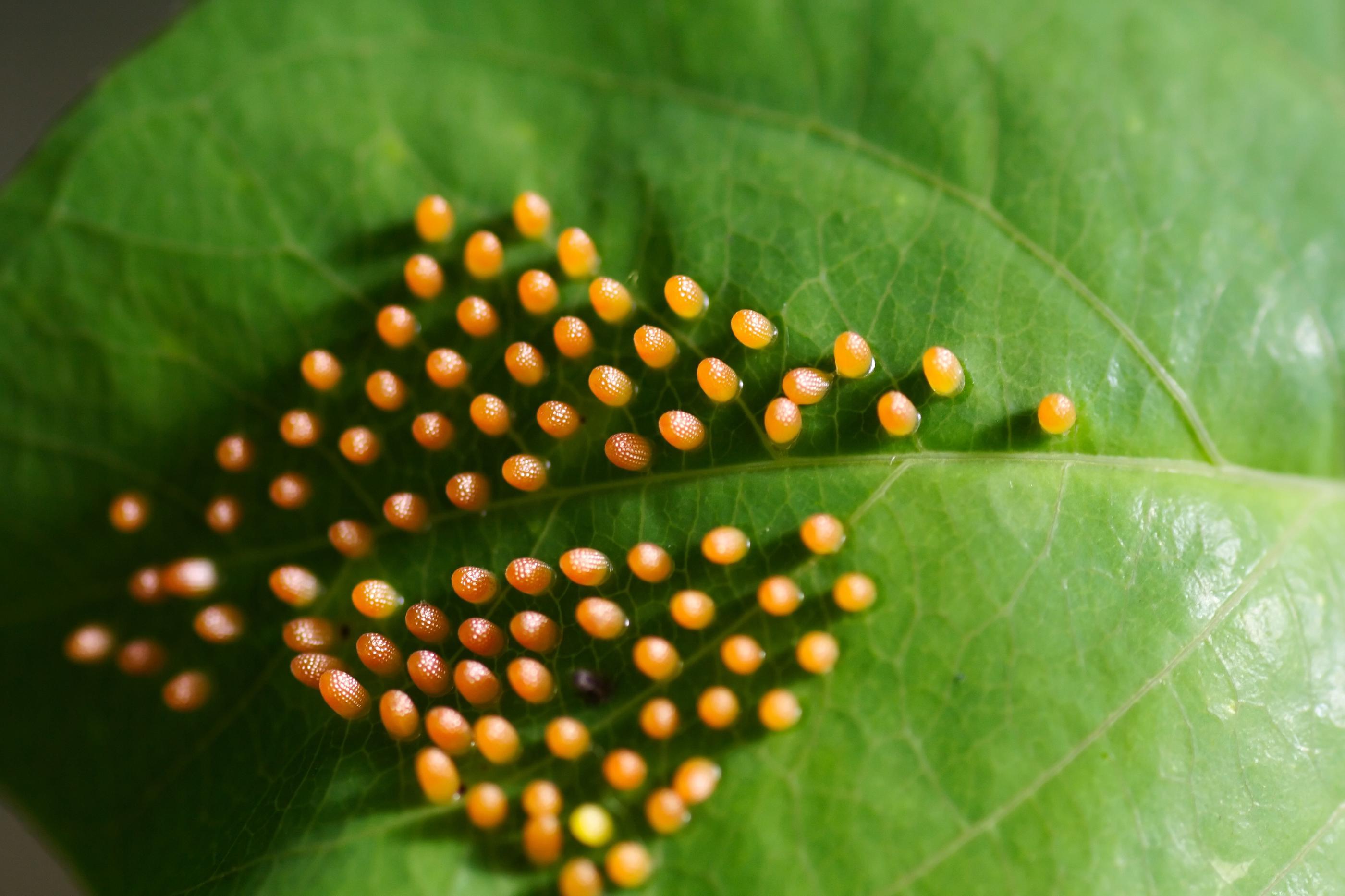Do I need tick control in the fall and winter?
Posted by Mosquito Squad
December 20, 2023
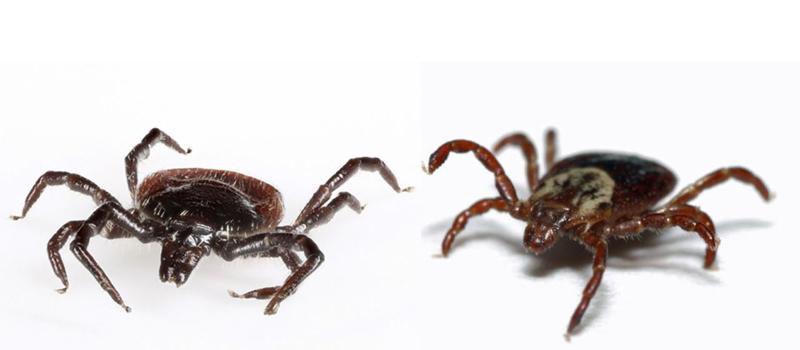
It’s a funny thing about nature. Several insects and animals take a little siesta as the seasonal temperature drops and winter beckons. In addition to bears, squirrels, groundhogs, raccoons, skunks, opossums, dormice, and bats, there are even some smaller species that join their restful ranks. For example, ladybugs, frogs, toads, turtles, lizards, snakes, snail, fish, shrimp, and even some insects hibernate or are dormant during the winter.
So it causes one to wonder, “Will ticks be joining ladybugs and the rest of the snoozing gang, this winter?’
Unfortunately, the answer is no – or heck no to be exact. The truth is that these little tick buggers are highly resilient. So much so that their activity only slightly lessens in temperatures below 35 degrees. Ticks survive the winter in a variety of ways, but do not go away just because it is cold.
Depending on the species – and stage in their life cycle – ticks survive the winter months by going dormant or latching onto a host. Ticks hide in the leaf debris present in the wooded or brushy areas they tend to populate, like your backyard if it becomes a home for damp, fallen leaves – and boy, oh, boy, do they ever love seasoned piles of backyard firewood.
There are two ways to get rid of ticks.
So with these little stinkers being so tough, how do get rid of them? Two ways. First, move to a location that has winters averaging -2 to 14 degrees Fahrenheit on a consistent basis. But with changing weather patterns and increased global warming, that could be a tough nut to crack. Your second option is the smarter one.
In the fall, start by having Mosquito Squad protect the areas around your home and deep into your backyard with our tick treatment, followed by tick tubes in the late fall and winter months. The treatment Mosquito Squad of New Hampshire Lakes Region uses form a barrier that will kill adult ticks on contact and continue working for about two weeks before your next schedule mist.
The tick tubes kill ticks in a different manner – using mice of all things that are native to your property. This Cinderella story works like this. Mice are usually the first animal that ticks feed on. We guess they’re yummy. With tick tubes placed in strategic locations around your home and deep into your backyard – especially if you have deer nearby – ticks will become toast.
Here’s why tick tubes are so effective.
Similar to the size and form of the center core of a roll of paper towels, cotton is placed in the tick tubes. Given their natural curiosity and nesting instincts, mice enter the tubes and then take the cotton, which is treated with a tick control pesticide, back to their nest for bedding material where the ticks reside and feed. The ticks are killed once they come in contact with the specially treated cotton or the mouse, which has treatment residue on its body. Our tick tubes are biodegradable, and our professionals know exactly when and where to place these tubes; as well as how many are needed in order to fully control the ticks on your property.
Our target areas will most likely include exterior recesses around the foundation of your home, recessed areas of your yard when Autumn leaves gather, and piles of firewood.
If you live in these areas, you’re in luck for our acclaimed fall and winter tick control services in the New Hampshire Lakes area: Alton, Laconia, Rochester, Meredith, Plymouth, Tilton, and beyond.
Reduce the tick populations around your home and start enjoying your yard again with the help from Mosquito Squad of New Hampshire Lakes Region. You can connect with us right here to get your fall and winter tick control underway.

